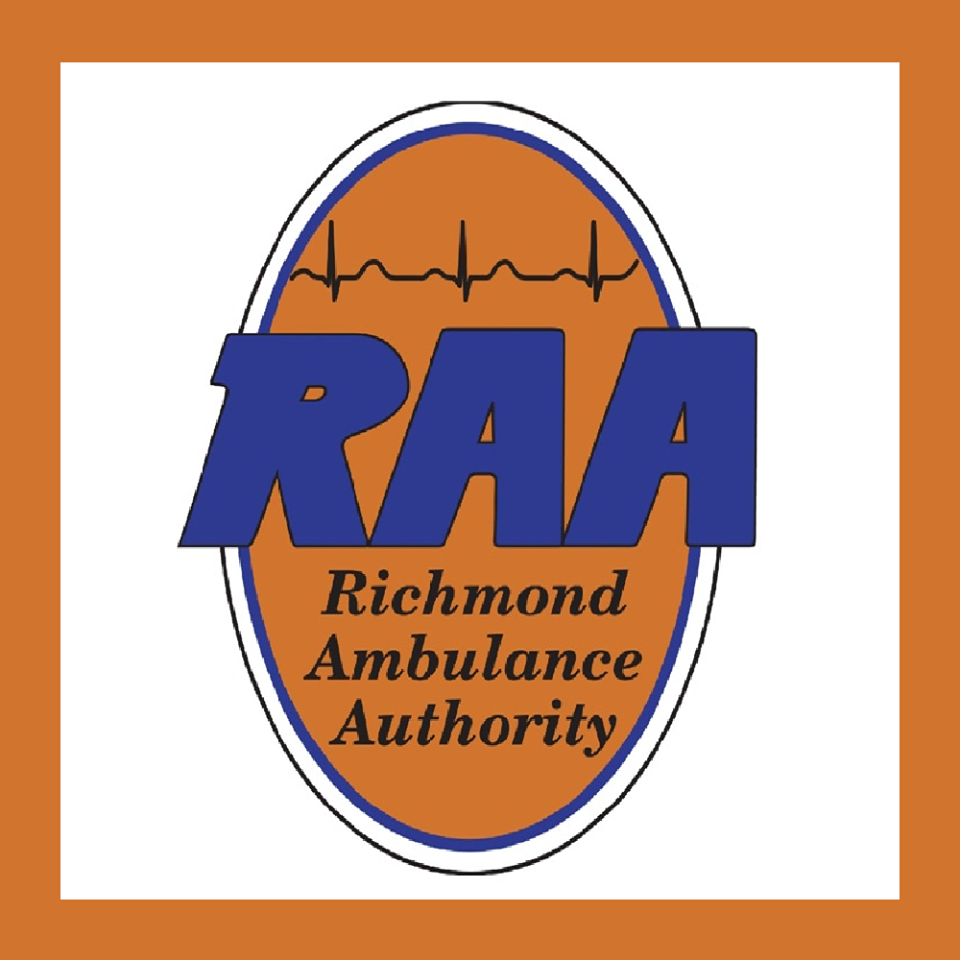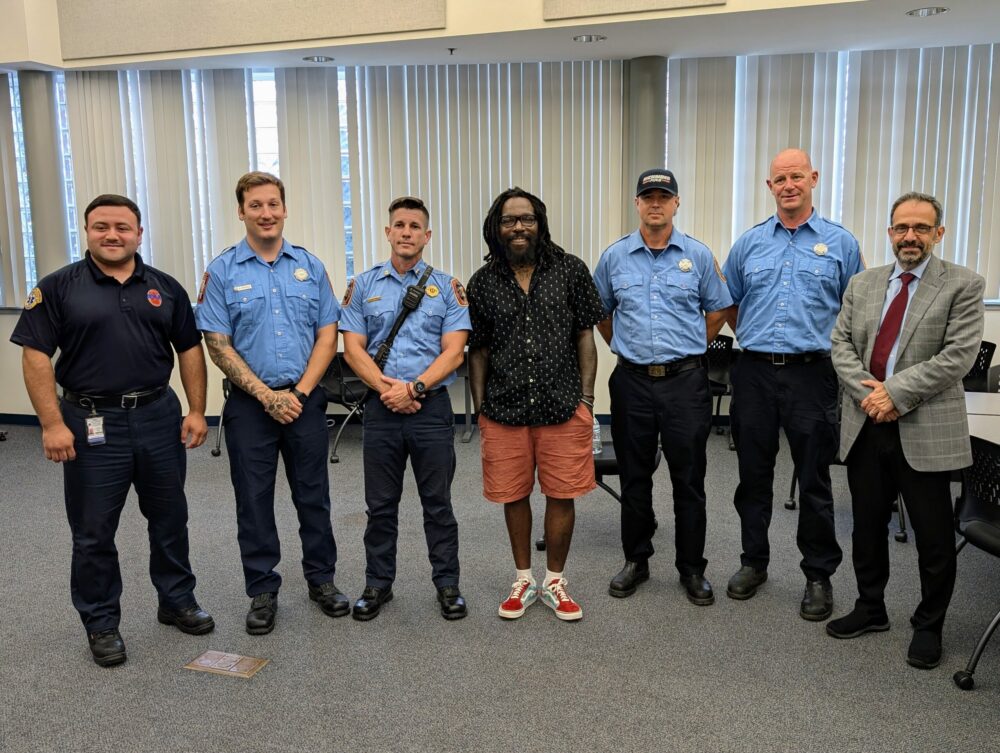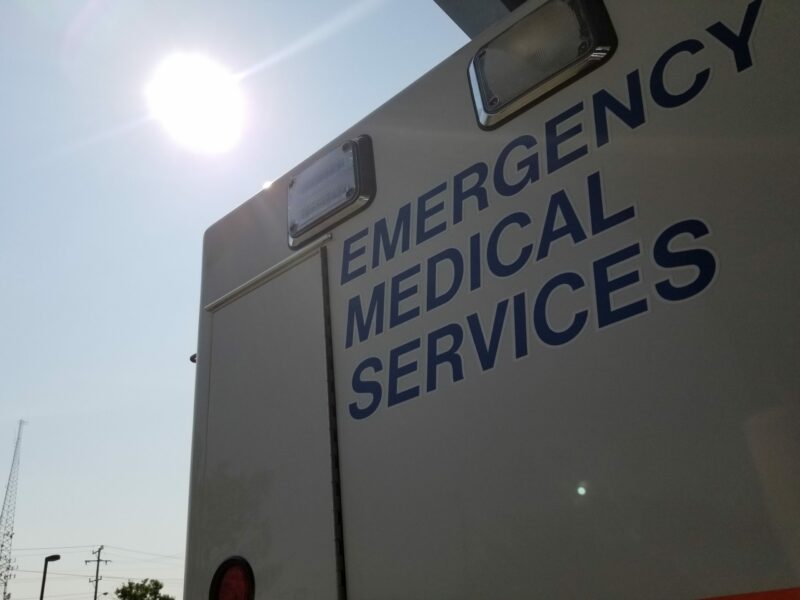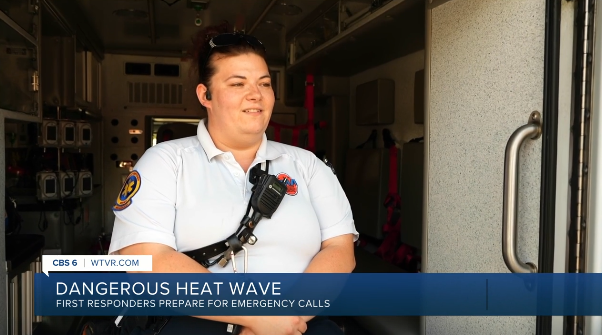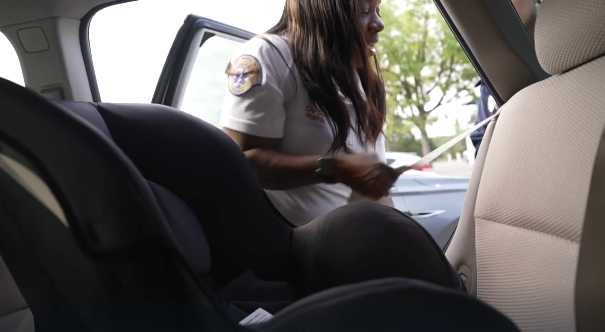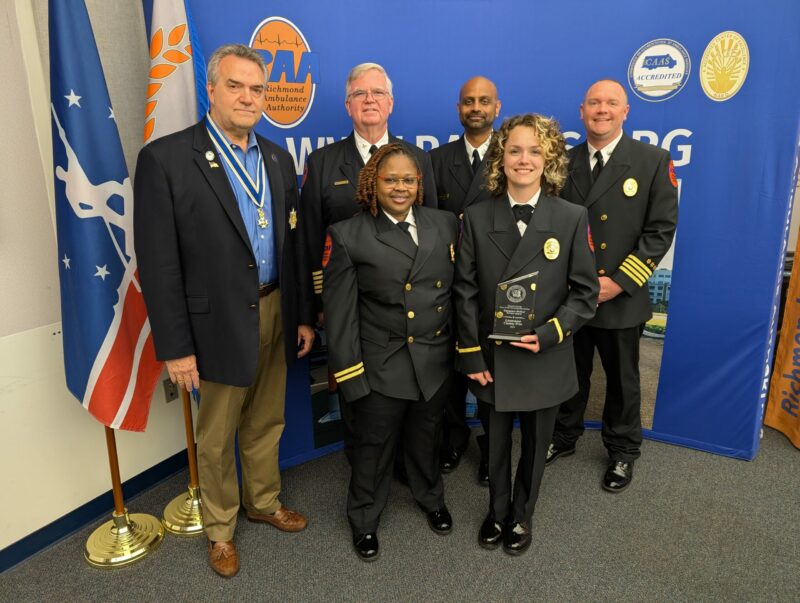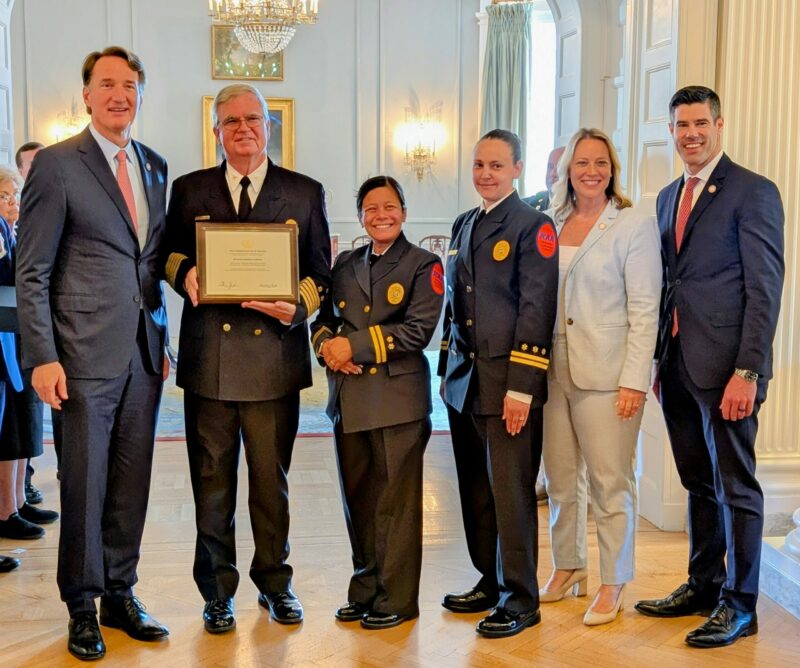This article originally appeared on wric.com
Spot a stroke, stop a stroke, save a life. That is a motto the city of Richmond is following as it partners with groups like VCU Health in efforts to make the city a “Stroke Smart City.”
The goal of this initiative is to expand awareness about strokes so more people across the community are able to identify the signs of a person potentially in distress. For these types of medical crises, timeliness is critical. Greg Leitz, a stroke survivor, quoted a common phrase used to help relay the importance of monitoring that ticking clock — “time is brain.”
“Every minute that you’re having a stroke, 2 million brain cells die,” Leitz said.
According to VCU Health, the city of Richmond has higher rates of stroke hospitalization and death compared to the rest of the Commonwealth and country. Chad Greedan with Richmond Ambulance Authority confirmed the team receives calls to respond to a stroke emergency nearly every day. He explained how making Richmond a more “stroke-aware” city could help save lives.
“People being able to recognize the signs earlier is going to aid them in calling 911 quicker; us getting on scene quicker,” Greedan explained.
Leitz told 8News that after he began exhibiting symptoms of a stroke, his wife called 911 within 30 seconds. He believes this speedy response saved his life and was only possible because she recognized his symptoms.
“A facial droop, paralysis on one side of the body, and I had the inability to speak,” Letiz recalled.
The more everyday citizens who are able to identify, assess and respond to such symptoms, the more likely a patient will be to survive with as little brain damage as possible.
“Those minutes are precious,” Leitz said. “You can’t get them back sometimes.”
This survivor admitted he initially did not want his wife to take him to the hospital, but he’s thankful she did.
“If I would’ve stayed at home and not received the advanced treatment I did, I don’t know what my outcome would have been,” Leitz said.
Anyone can be vulnerable to a stroke regardless of age, gender, or race. Strokes can be triggered by various health complications like — but not limited to — a blocked artery or a sudden burst blood vessel.
Among the symptoms Leitz previously outlined, confusion, dizziness, numbness or sudden vision loss could also be signs it’s time to call for help. Health professionals told 8News it’s often better to be safe than sorry.
“Sometimes people ignore the signs,” Greedan explained. “They don’t pay attention to them. They don’t alert a family member or friend that they’re having those symptoms and that delays care.”
If you suspect you could be experiencing a stroke, it’s critical to immediately call for first responders and reach out to family, friends, or a nearby neighbor. You should never try to drive alone to the hospital. For more information on what it means for a city to be a “Stroke Smart City” and how you can do your part, visit Stroke Smart Virginia online.
